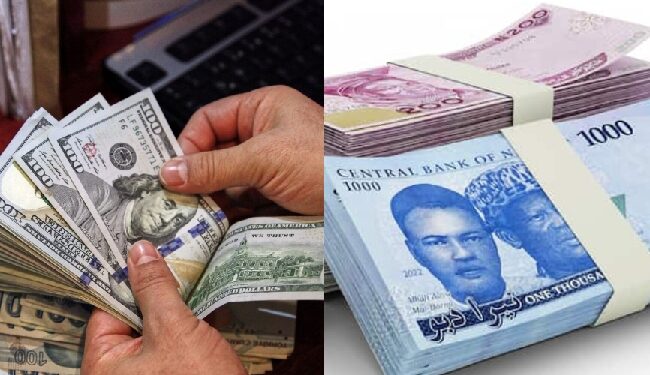The Federal Government has recently urged the Central Bank of Nigeria (CBN) to reduce the number of Bureau de Change (BDC) operating in the country from over 5,000 to about 200. According to Tope Fasua, Special Adviser on Economic Affairs for President Tinubu at an economic policy event organized by Abuja Chamber of Commerce and Industry, this move is necessary due to difficulties in supervising such a large number which leads forex market irregularities.
Fasua believes that reducing BDCs will help define illegal markets and thus create stability within them. He also noted that other countries have much fewer BDCs with similar populations; for example he cited The United Kingdom as having only 100-200 despite its larger population size compared with Nigeria’s. This suggests that it should be possible for Nigeria’s CBN to manage a smaller amount given proper supervision and regulation.
If implemented correctly this reduction could lead towards greater transparency within Nigerian foreign exchange markets as well as provide more protection against fraud or money laundering activities taking place through these Bureau De Change. It remains unclear when exactly this change will take effect but it is clear there are many benefits if done right which would benefit both businesses trading forex internationally and those just looking for currency conversion services domestically.
Speaking to Victoria Olukorede about her view of the situation, in her own words “Reducing the number of Bureau de Change (BDC) operators in Nigeria will not fix our forex crisis and Tope Fasua should not advocate for that. Nigeria needs to focus on the root cause of this problem, and the number of BDC is not one. The root cause is lack of parity between the supply and demand of US dollars in Nigeria, and floating Naira which I think is a bad policy, did not model that asymmetric imbalance.
Unless you bring parity to the demand and supply, Naira will continue to struggle, to settle at an optimal equilibrium. On the day this policy was announced, I wrote here that it was not well designed, just as I noted that Nigeria will return to fuel subsidies if we have not already done so, since as FX and international crude oil price continue to increase, the local price of petrol has largely remained the same, meaning that the government is paying the variance. In a full subsidy regime, we would have seen an increase at the pump price!
When you are struggling to balance your budget, you do not ask your bank for a thinner cheque book, to save cost. And Nigeria cannot think it can float Naira without controlling the air Naira operates. That “air” is production which includes old and modern factories. They supply the air for Naira to breathe and float.” She concluded.










